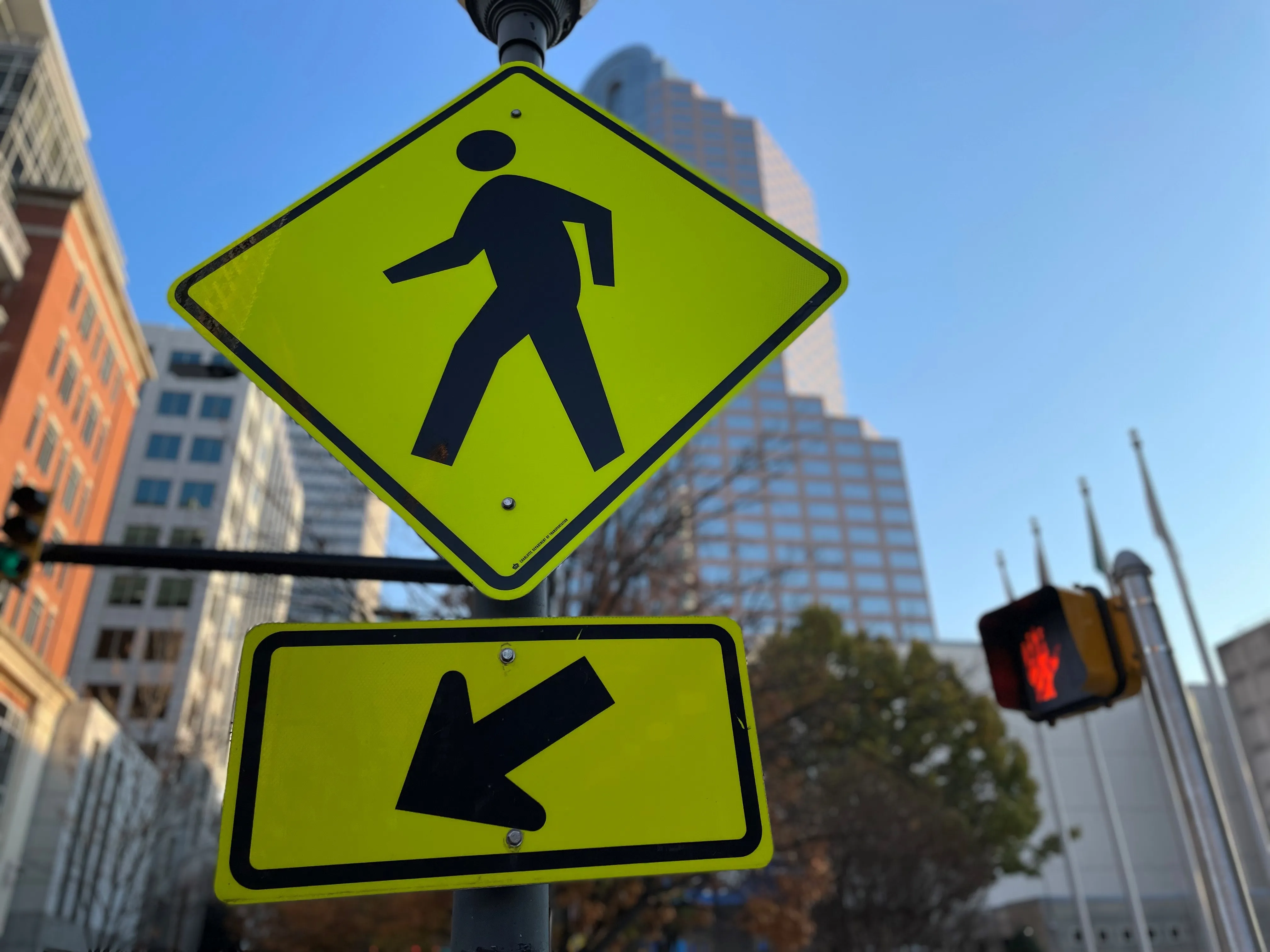In his blog in The Hill, Siemens president of Infrastructure & Cities Sector, Daryl Dulaney claims that, while physical improvements to transportation systems are essential, more consideration needs to be given to incorporating more intelligent technologies.
He claims, “Significant improvements in mobility can be made, with minimal investment as compared with large-scale physical transportation projects, by utilising intelligent transportation software in our cities and municipalities. Integrating the us
May 21, 2014
Read time: 2 mins
In his blog in The Hill, 189 Siemens president of Infrastructure & Cities Sector, Daryl Dulaney claims that, while physical improvements to transportation systems are essential, more consideration needs to be given to incorporating more intelligent technologies.
He claims, “Significant improvements in mobility can be made, with minimal investment as compared with large-scale physical transportation projects, by utilising intelligent transportation software in our cities and municipalities. Integrating the use of smart technology into a city transportation system can simplify modernisation without requiring cities to completely rebuild.”
He says it’s not only big systems or large urban areas that realise the impact software technology has on transportation and cites several projects in the US such as the improvements to the world's largest train control system in New York City, new electric computer-enhanced2008 Amtrak locomotives and traffic-control software in Tyler, Texas, which has significantly reduced downtown congestion.
He concludes: “It’s hard to imagine a world in which we can gather information at the touch of a button, but our transportation infrastructure is operating on systems in place before the invention of the internet. Software can provide affordable, effective solutions that encourage economic growth, support city resiliency efforts, and help the US transportation system finally move into the 21st century.”
He claims, “Significant improvements in mobility can be made, with minimal investment as compared with large-scale physical transportation projects, by utilising intelligent transportation software in our cities and municipalities. Integrating the use of smart technology into a city transportation system can simplify modernisation without requiring cities to completely rebuild.”
He says it’s not only big systems or large urban areas that realise the impact software technology has on transportation and cites several projects in the US such as the improvements to the world's largest train control system in New York City, new electric computer-enhanced
He concludes: “It’s hard to imagine a world in which we can gather information at the touch of a button, but our transportation infrastructure is operating on systems in place before the invention of the internet. Software can provide affordable, effective solutions that encourage economic growth, support city resiliency efforts, and help the US transportation system finally move into the 21st century.”









